Industry news

6 min
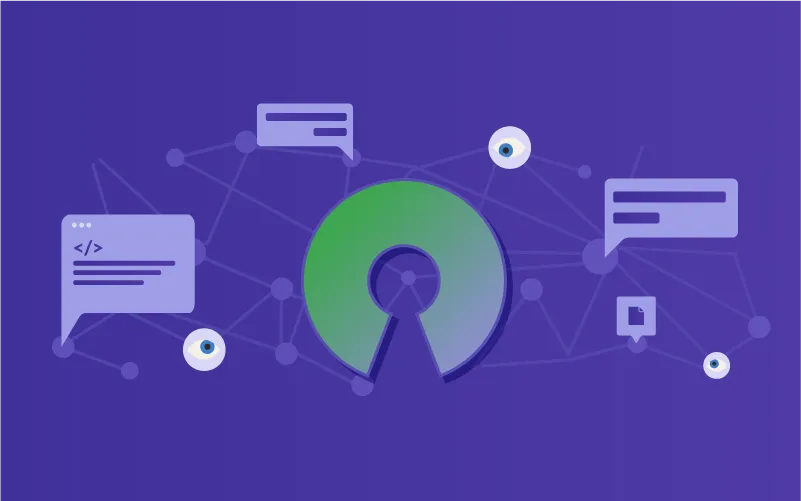
Open source has transpired into a movement, a way of working beyond software production. It celebrates community, talent, and open exchange of ideas, unlocking potential across various disciplines, whether in communities or industries.

By Shashank Tripathi
15 Sep, 2021
Data, or you can say, whatever information you share online and offline, is probably the single most valuable asset in the modern world. It has dragged CEOs and world-renowned personalities to courtrooms and senate meetings and made companies multi-billion-dollar ventures.
It all boils down to this unit of information that everyone (including web apps, software applications development, and programming languages) is influencing every second of our lives.
In the words of Charles Towers-Clark, Forbes columnist, the current tech industry is egalitarian and exclusive, collaborative and ruthlessly competitive, open, and rigidly closed, which in essence, describes the state of the majority of tech companies incorporating these ideas for innovation & ingenuity.
The principle to keep everything in balance is Open Source. It has been shaping the direction of technology for almost the last two decades for many mobile app development companies and web app and mobile app development companies.
Anyway, forgive me. I got a bit carried away with social things here and there. Let's return to today's story and the term - open source.
Open Source = something people/users/developers can alter and share with others. That's possible because its design is publicly accessible.
Since you're now a bit familiar with this term and its meaning, let's see what this blog post in the midst of Sep - 2025 brings for you about open-source software applications:
The term - Open Source - originated in the context of software development. It is to establish a particular approach to developing computer programs. Today, with the explosion of the Internet and mobile technology, open source means many things—what you, as a developer, can call the open source way.
Open Source = celebrating principles of open exchange of information for collaborative participation of worldwide members in a software development community.
The open-source principles are for:
Moreover, the software code is available to anyone, as the name is open-source suggests.
For instance, you can immediately download, install, and run a Linux OS on your PC, unlike Windows OS, where you must pay!
Open-source software is free to download, modify & include in any project as and when required, making it even better over time. 'Free software' is a matter of liberty, not price.
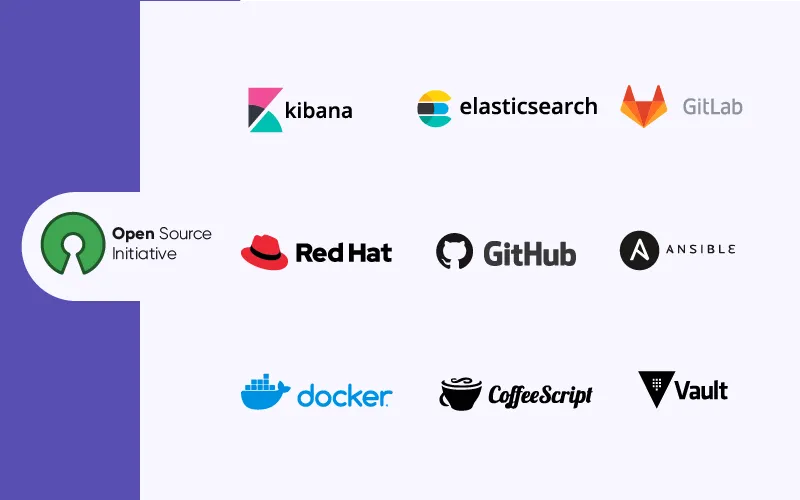
It would help if you thought of 'free' as in free speech, not as 'free beer,' said Richard Stallman , the Founder of the Free Software Foundation (FSF) & creator of OS GNU . He also explained that it's the principle of the thing that matters.
His conceptualization of liberty has inspired others to abide by open-source principles by contributing their knowledge in exchange for free testing and software improvement over time.
Free software is a counterpart to proprietary software, which means that no one except the owners has the source code. A user can pay to use the software but cannot modify and reuse it in any legal right.
The history of programming languages begins along with the Internet. Researchers relied on an open and collaborative feedback process while developing early internet technologies in the 1950s and 1960s.
Users built and shared the same based on each other's source code. By the early 1990s, values of openness, peer review, and collaboration were written at the core of the internet foundation. Today, millions of users rely on Linux kernel programs. This popular open-source operating system is Linux, featured under GNU licenses.
A Unix-like operating system, Linux is the largest open-source software project globally, with millions of people from all over the globe continuously contributing to its source code.
Started the journey from the margins of software development to becoming a mainstream industry standard when the Open Source Initiative (OSI) was founded in 1998.
Governance can be broken down into two components: Structures & processes. Like any other stable democratic system, its elements can be beneficial in creating an excellent open-source governance system. The rules and procedures allow all good ideas to be noticed and brought into action by the people running the project.
Balancing the powers is the key here. I assume that we want to get something meaningful out of the community, regardless of the nature of the project we are building. Community-driven projects need some process to protect the prerogatives of the parties involved and the project from spiraling out of control.
One such great example is Apache . It is winning the hearts of everybody these days because they concentrated on the process up front and got it down cold. You've got an applications development version of Camelot when you have great minds sharing values, structure, and operations.
From a governance point of view, most projects are like blocks rather than cities or states. We appoint a community manager who can respond to emails, social media, and feedback. 'Feedback' is the key here. We need to focus attention on those who want to contribute code. Someone needs to take a look at all incoming codes and evaluate them. Should try not to reject any, can post them; someone may like them.
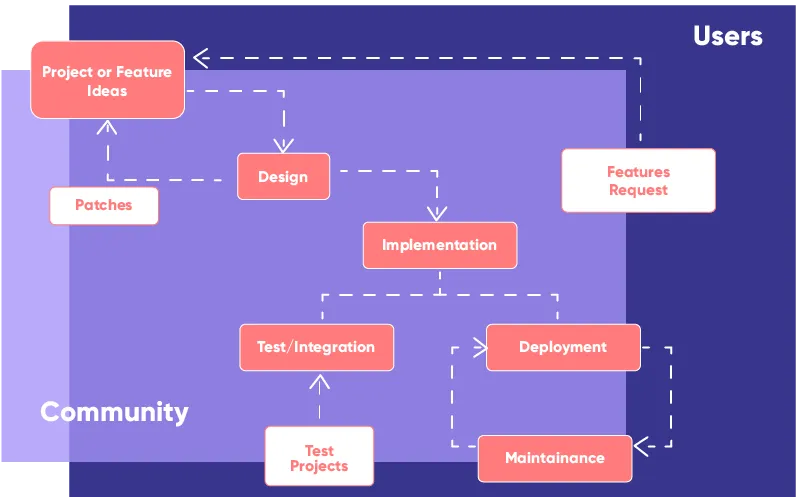
Once we have enough supporters, we need boards. A technical committee can be the most significant contributor (individuals and companies).
An advisory board can consist of companies and community members, which can help decide the project's path moving forward. It's the point where the community manager acts as the liaison between the advisory board and the broad community.
Remember, we are trying to drive code, bug reports, and beta testing. The best way to do it is through a wiki. We need to be honest, transparent, and open about why we are doing it. The broader participation, the better it is going to be.
The first thing is first - every software has a source code!
A developer, a team, or an organization creates and maintains that source code exclusively while having complete control over it. Only these entities can modify it since they have made it and have access. Such software is proprietary or closed-source software like Windows OS, Microsoft Office, Adobe Photoshop, etc.
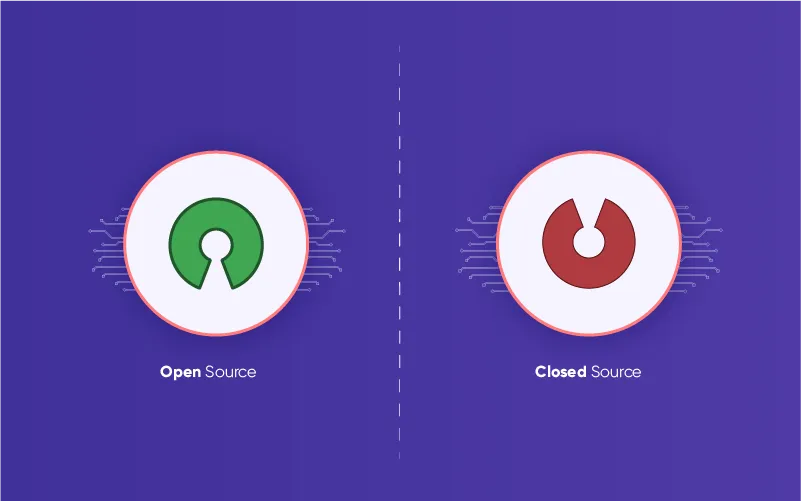
Thus, only the original creators can legally copy, inspect, and alter such software. And if users want to use it, they must agree, that is, sign a license displayed the first time they run it - that they will not alter the software without the authors/developers/organization's permission. And users will rarely have permission to do so.
Open Source is way different from closed-source software. Because its authors/developers make its source code editable and freely available to users/other developers who would use that code, alter it, copy it, learn from it, or share it. For example, [ LibreOffice ] (https://www.libreoffice.org/) and the GNU Image Manipulation Program ( GIMP ) are open-source software.
Like closed-source software/proprietary software, users must accept the terms and conditions mentioned in the license when they begin using open-source software. But the legal times are very different for open-source software than for proprietary software.
Moreover, open-source software licenses celebrate and promote collaboration and sharing among the worldwide community of contributors since it has permission that other people can modify their parts. Such initiatives encourage computer programmers to access and modify open-source software whenever they feel a need and leave the same way for others to share their work and make contributions.
The big answer is a big No! An open-source technology/open-source thinking is for developers and non-programmers.
How?
Because the Internet itself is an open-source technology, like the Linux operating system and the Apache Web server application, internet users today have several benefits from the open-source software/concept.
Every time a tech consumer views a web page, checks an email, chats with friends, streams music using Spotify, Wynk, or Sound Cloud, or plays a multiplayer video game, their device gets connected to a global network of computers (or the remote computers located in faraway places that users don't actually see or can't physically access) via open-source software.
This open-source software routes and transmits data from remote computers to their devices. When they do this, they're engaged in remote computing. And the management of such computing is known as cloud computing - because it involves operations such as storing files, sharing photos, or streaming videos online.
Cloud computing is skyrocketing like never before and becoming essential to everyday life. Google Apps and others like Own Cloud and Nextcloud are some examples of computing applications based on open-source technology. Also, OpenStack is an example of an open-source cloud-computing platform.
Furthermore, cloud computing platforms can be of two types:
Open-source software simplifies users' lives and makes it easy to do everyday tasks on Windows, Mac, and Linux without needing license fees. Here is the list of a few essential open-source programs for you in 2025:
People prefer open-source software to closed-source software for the following reasons:
Open Source keeps the tech industry, especially mobile and Web app development companies, afloat and alive. More than 78.9% of websites on the Internet are made on PHP. A hilarious story that tells the reality and importance of shared resources over proprietary ones. In 1911, Henry Ford won a challenge for a 2-cycle gasoline engine, the Selden patent, initially filed by George B. Selden.
But then came the formation of the Motor Vehicle Manufacturers Association, which constituted a cross-licensing agreement among all US automotive manufacturers. It made the Selden patent worthless.
Now all companies would develop technologies and file for patents, but they would also share them without exchanging money. Before the United States of America entered World War II, they shared Ninety-two of Ford's patents and about 515 patents from other manufacturers.
Various community-backed projects and software like MongoDB and node package manager (npm) are standard tools in the software industry. They help build clean, robust, accessible solutions, which get a lot of love from the developer community. Even Microsoft released a new programming language, Typescript, to improve the drawbacks of the second most popular programming language.
If you want anything more resourceful, you must go for open-source software since it gives you the freedom you strive for. Such software is designed to help you learn more about Open Source. You can do a Google search or search on YouTube for the same, but we recommend contacting our developers directly for guidance and any help you need to get started.
We promise you won't be disappointed; whether it's about getting help in developing web apps, mobile apps/applications, or websites, we're just a text/call away from contributing to the growth of your business/project.
And remember, there's more to come in the area of open-source in the future. So, tighten your seat belts and enjoy the show!!
On-Demand Application Development: Architecture, Use Cases, and Business Models
By Sannidhya Sharma
5 min read
How Much Does Food Delivery App Development Cost? Features, Tech & Budget Explained
By Dhruv Joshi
5 min read
How to Make an App Like DoorDash: Product Strategy, Tech Stack, and Real Costs
By Dhruv Joshi
5 min read
React Native Authentication: Secure Login, OAuth with PKCE & Token Storage Best Practices (2026)
By Dhruv Joshi
5 min read

Industry news

5 min
Did you know that by end of 2025, over 60% of educational apps will be powered by AI? Software within the education industry continuously adopting AI technology —it’s reshaping how students learn, engage, and succeed today. In this blog, we’ll dive into how AI is transforming education through smarter, personalized learning experiences. From cutting-edge educational app development to real-world examples, updated stats, and expert insights, you’ll discover why AI isn’t just enhancing education—it’s defining the future of smart learning.

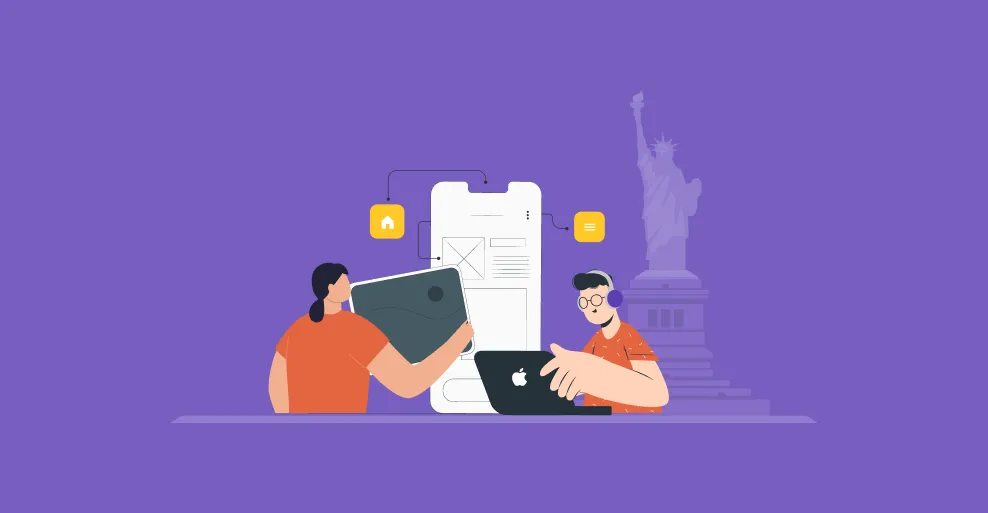
Industry news

8 min
Choosing the right mobile app development company is crucial to the success of your project. Whether you're looking for a partner to bring your idea to life or enhance your existing app, the companies listed here have the expertise and experience to deliver exceptional digital solutions. With their proven track record and commitment to excellence, you can trust them to take your mobile app projects to the next level.

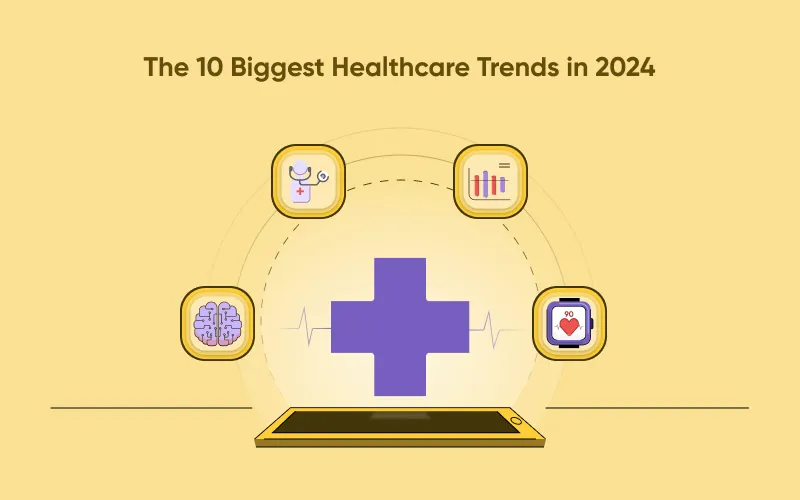
Industry news

5 min
Dive into the future of latest healthcare trends of 2025. From AI diagnostics to telehealth and wearables, discover how innovation is reshaping patient care. Join us in coding the future of healthcare.

Feeling lost!! Book a slot and get answers to all your industry-relevant doubts